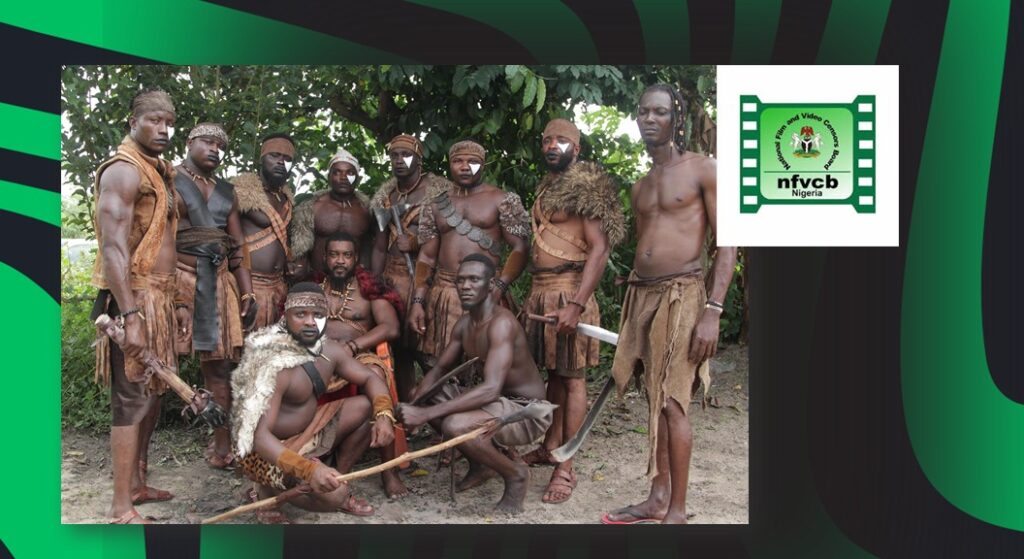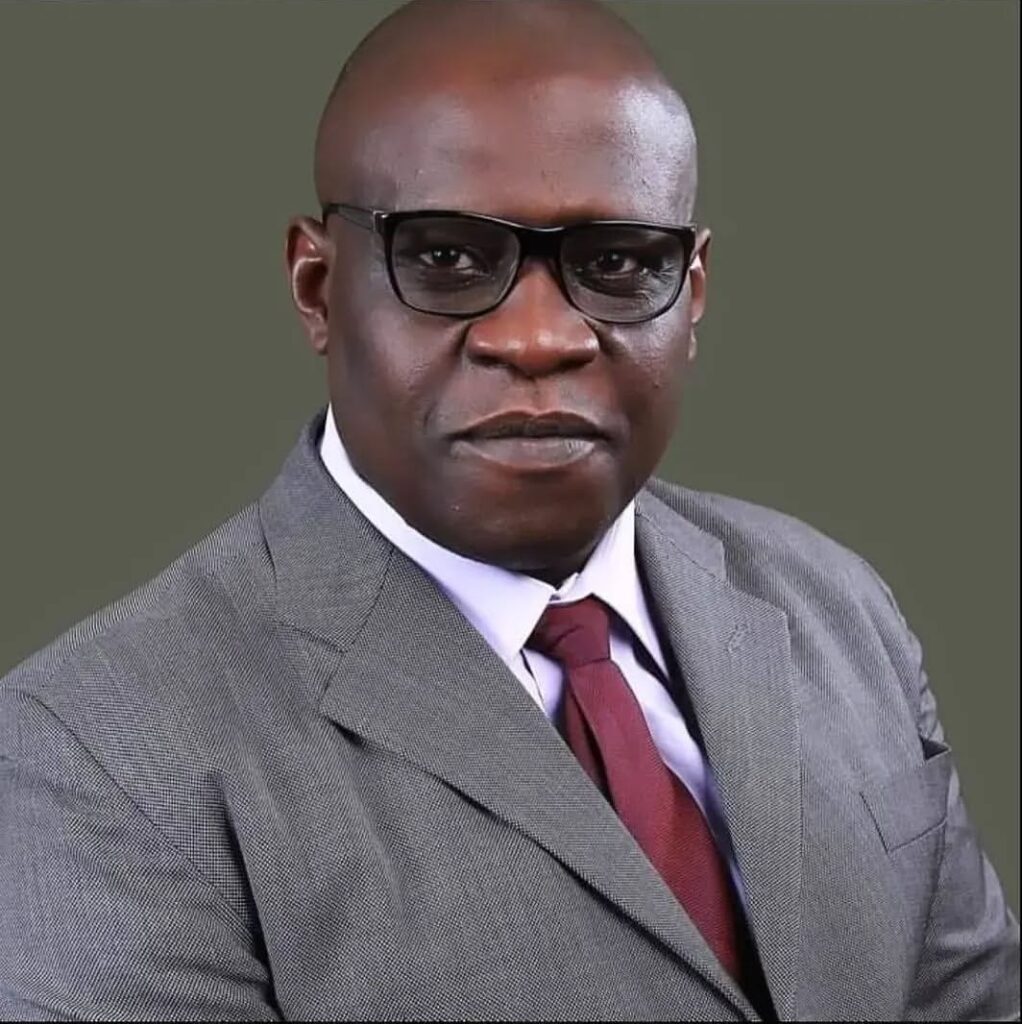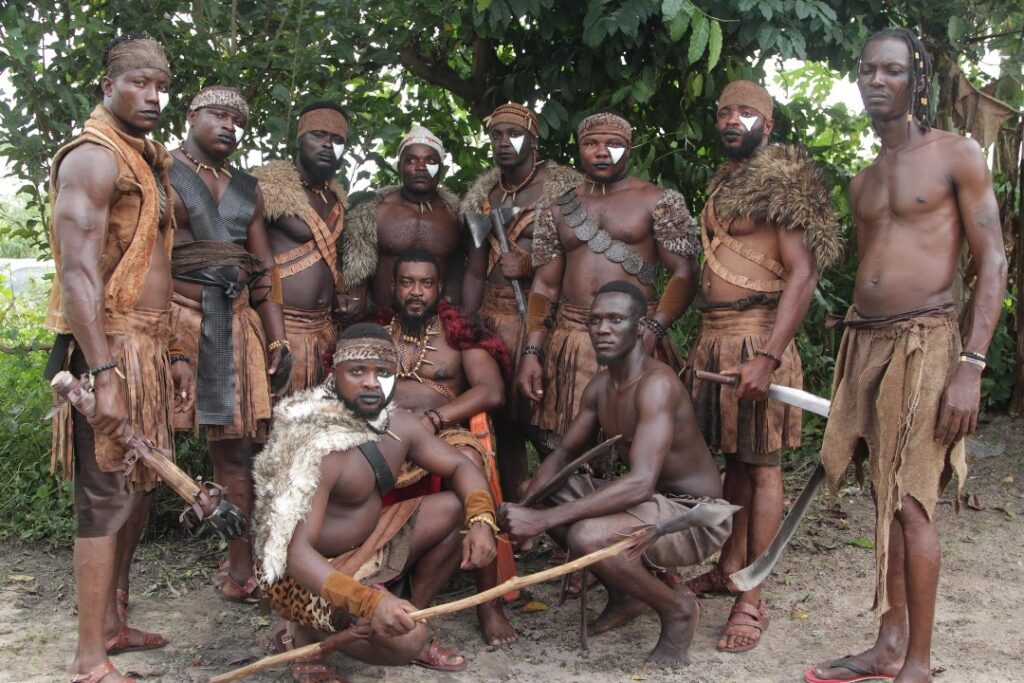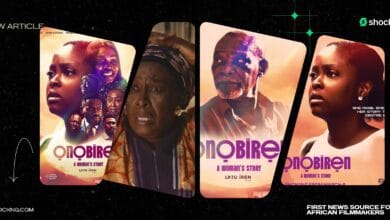The Story⚡
Yoruba, Hausa, and Igbo films dominate, but NFVCB’s competition seeks to revive Nigeria’s many underrepresented indigenous languages.

Tell Me More
In recent years, Nollywood has celebrated a resurgence of indigenous language films, with Yoruba titles such as King of Thieves, Jagun Jagun, Iyalode, and Ajakaju capturing large audiences both locally and internationally. These films not only entertain but showcase the richness of Yoruba culture through authentic stories and language use.
However, beneath this vibrant success lies a less discussed reality: many of Nigeria’s over 500 indigenous languages remain glaringly absent from film screens. While Yoruba, Igbo, and Hausa have dominated indigenous filmmaking in Nigeria, languages like Tiv, Nupe, Ebira, Kanuri, and Itsekiri rarely receive cinematic representation. As a result, these languages continue to fade from daily use, their cultural expressions trapped within family compounds and rural communities with limited means to document or disseminate them.
This is why the National Film and Video Censors Board’s new initiative – the Nigeria Indigenous Language Film Showcase (NILFS) – is both timely and commendable. Structured as a film competition, NILFS seeks to encourage filmmakers to produce and submit films in lesser-known indigenous languages. This move signals a shift in focus from the commercial viability of major languages towards deliberate cultural preservation.
For many young filmmakers, NILFS provides an opportunity to tell stories in their mother tongues – stories passed down orally but never documented visually. As streaming platforms and globalisation continue to influence language choices, competitions like NILFS remind us that cinema does more than entertain; it serves as a repository of collective memory.

Indeed, beyond the prizes to be awarded to outstanding entries, NILFS carries a deeper mission. It seeks to remind Nigerians that storytelling in local languages is crucial to cultural survival. Languages encapsulate idioms, proverbs, wisdom, and worldview, all of which are lost when translation becomes the only tool for storytelling. When filmmakers tell stories in their indigenous languages, they protect the nuances of meaning embedded within those languages, while also validating the identities of speakers who rarely hear their tongues on major media platforms.
Encouragingly, early reports indicate that NILFS has received submissions from filmmakers using languages that have been less represented in mainstream Nigerian cinema. This growing interest suggests that young creatives are eager to bring their communities to life on screen if given the right platforms.
Equally important is community engagement. Screenings should not be limited to urban centres or industry hubs but extended to communities where these languages are spoken. This will foster intergenerational appreciation, strengthen cultural identity, and encourage the continued use of indigenous languages among young people, many of whom have adopted English as their dominant language.
Ultimately, NILFS is more than a film competition. It is an intentional cultural intervention that challenges filmmakers to think beyond profitability and tap into storytelling as a means of safeguarding heritage. It urges audiences to embrace the full spectrum of Nigerian cultural identities. It calls on policymakers to establish sustainable frameworks for the production, funding, and distribution of indigenous language films.
Nevertheless, reviving indigenous language films requires more than a one-off competition. What happens after the showcase? How can these films find their way to wider audiences?
To address this, the NFVCB is thinking beyond October. Hussein revealed that the Board is already in talks with both a digital streaming entity and the Nigerian Television Authority (NTA) to provide distribution channels for the showcased films.
In Summary
As Nigeria’s film industry continues to grow its global footprint, it is time to expand the definition of indigenous films beyond Yoruba, Igbo, and Hausa. With the NILFS initiative, the NFVCB has created a vital platform for this to happen. The responsibility now lies with filmmakers, cultural stakeholders, and audiences to ensure that these languages and the histories they carry remain alive for generations to come.

Thanks for Reading.
Shockng.com covers the big creators and players in the African film/TV industry and how they do business.
Let’s be friends on Instagram @Shockafrica



